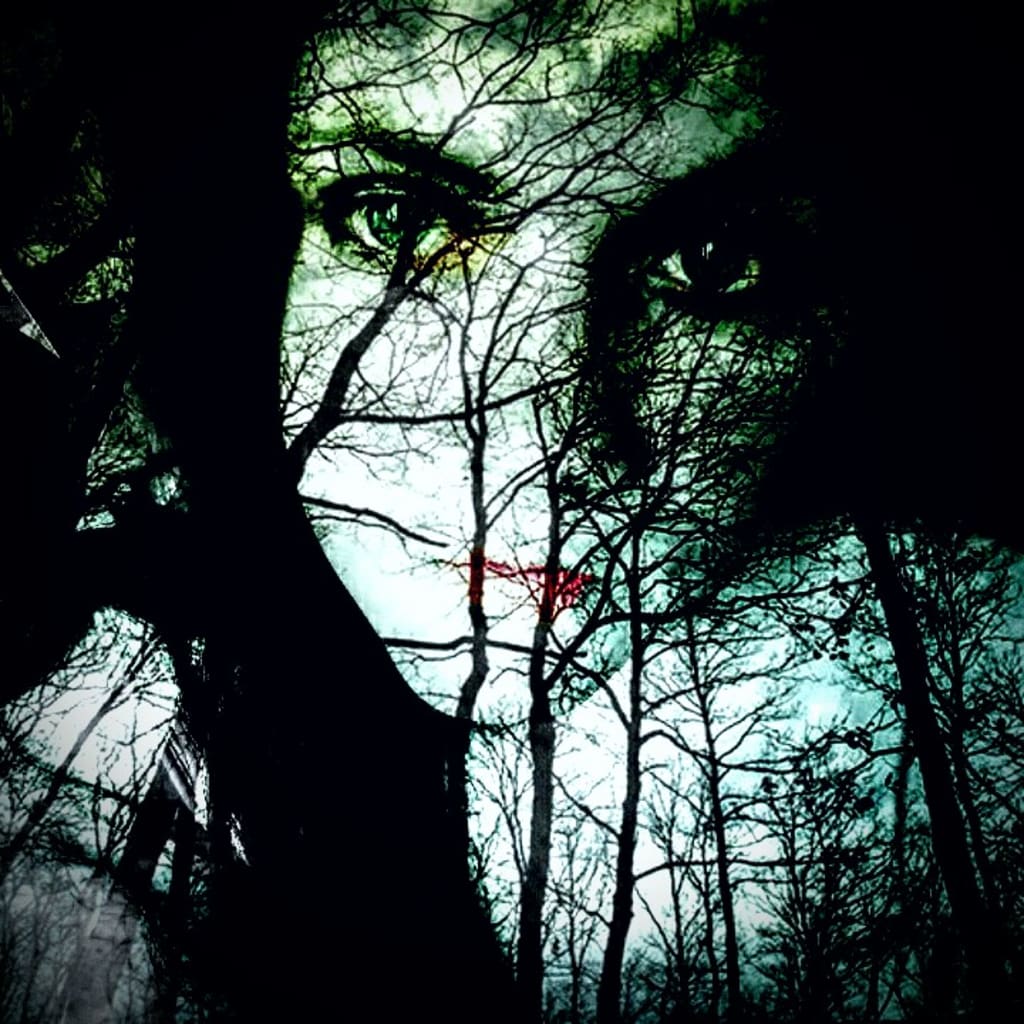Living with PTSD
And the Mental Health Stigma

Post traumatic Stress Disorder, or more commonly known as PTSD. What is PTSD? Sure there are medical definitions, psychology books that cover it, articles that try to explain it and books that have been written about it. However, what does it mean for the thousands who live with it day in and day out?
PTSD for those who don't know is the reaction a person has after a traumatic event. A traumatic event leading to PTSD can be any event. A car accident, a family member dying, kidnapping, rape, a near death experience, etc. After that event, a person can develop certain responses.
As a person who has lived and coped with PTSD, this was my experience.
After the traumatic experience at 10, I started having terrifying nightmares. Soon lack of sleep became a norm for me. The demons in my dreams were far more scarier then the real world (which is a sad statement considering how many times I was assaulted).
I lived with panic and anxiety. I stayed often to myself and tried to shut the world out. I fell into a depression and at only 12 tried to kill myself. The depression controlled my life. No one understood the pain or thoughts in my head.
Everyone saw mental health as a spreadable disease; at least that's how I felt. No one cared to understand nor listened. As a child, one would expect the adults in that child's life to be sympathetic and caring, however that was far from the truth. My parents wanted it to be hush hush and the teachers only bullied, gossiped, and made the situation worse.
Part of the PTSD was also having flashbacks, something I could never control. A certain time or place, a voice or smell, it would send me back to that event. I would get so scared I would break down and cry or have a panic attack.
At 13 I started cutting. It was the only way I knew how to cope with everything. It was the only thing that felt better than the emotional pain I was dealing with. I didn't understand everything I was going through and with no one to talk to, I felt it was the only way. Of course that only made everyone else's opinion of me worse.
The stigma of mental health back then has not much changed today. It is still looked upon as a disgrace or leaving the person to feel like a disease to the world. Arrogance or the lack to understand what a person is going through, still to this day, has been the stand still on any improvement, suicide especially.
To the world for a person who has depression or PTSD or any other mental illness, you still have many who demoralize the person suffering. Grow up, stop whining, get over it, such a cry baby, you're just being selfish, etc, is common to hear. What the world lacks to understand is it's not something to control. The emotions a person has, especially living with PTSD, are exactly what they are. You cry at a funeral because the person you cared about died, I cried when having flashbacks of someone raping me as a child. You were scared and nervous when a spider crawled on you, I was scared and nervous when I was left alone in a room with a man. You were angry and hurt when someone took your stuff, I was angry and hurt when someone called me crazy just because they didn't understand why I was feeling the ways I did; just because you can't see it or haven't been there to experience the event doesn't mean that the individual's feelings are out of the norm.
I have, in many ways, learned different ways to cope in healthier ways; however for the thousands more, some have not. The stigma and shame people find is a lot more cruel then being isolated. Therefore, many are left too ashamed, embarrassed, or scared to seek help. Some turn to drugs and alcohol, some physically hurt themselves and some take their life.
Suicide people often consider selfish or cowardly, however, it is far from the truth. I attempted to end my life numerous times, looked it as a peace offering of sorts, I didn't feel like I did any good for this world so the least I could do is take myself out of it. Another is so I didn't have to live with the emotional pain, the hurt and anger, the flashbacks and nightmares or the depression. I felt it was a win win for everyone. I understand now that is not the case but I know many more who still due feel like that. Moreover, I had to learn these lessons by myself, I had to forget and blur out what people thought or said about me and I had to learn how to take my pain and do something positive with it.
So I finish this article by asking one last question: What can you do to break the stigma?
About the Creator
Tiffany Myrick
Im 29. Live in Washington and have three amazing children. I love to write and has often helped me express myself.






Comments
There are no comments for this story
Be the first to respond and start the conversation.